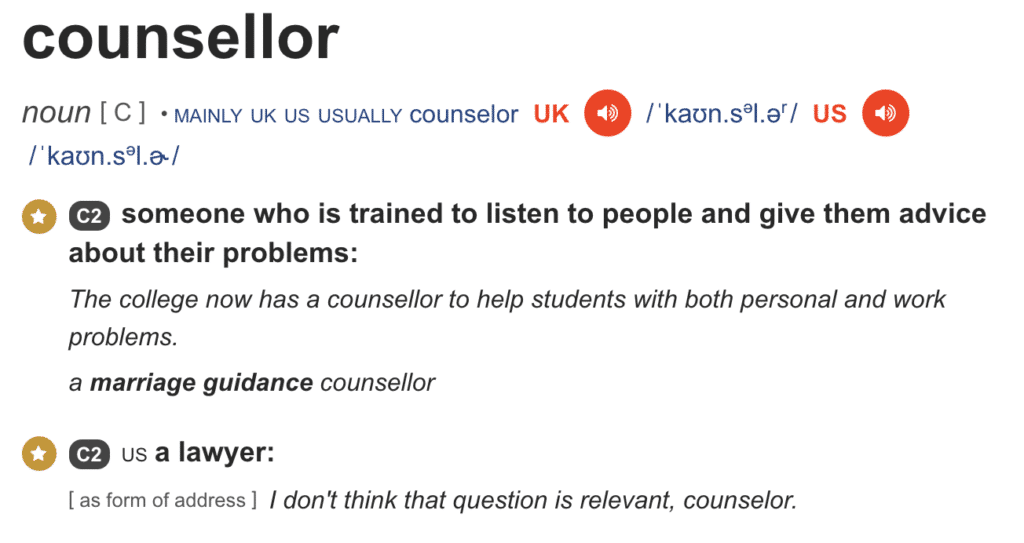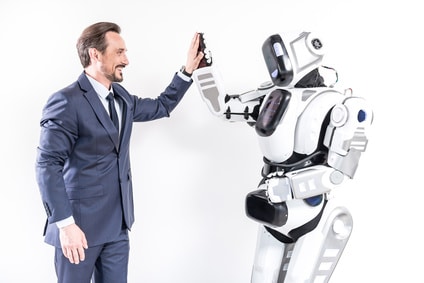To date, the common #legaltech narrative has been a drumbeat of anxiety about robot overlords taking over the legal profession.
On the one hand, we are told AI and automation will “free up lawyers’ time to perform higher-level, more intellectually satisfying work which clients would be willing to pay for.” (This platitude is generally advocated by most legal tech companies to soften the blow that AI and automation will have on the legal profession.) On the other hand, news articles pronounce how robots are on the march to replace lawyers wholesale. (Fear helps to sell media advertising.)
Both are wrong.
The first narrative is wrong because higher level analytical work will also not be safe from AI and automation. In AI circles, there’s a concept called Moravec’s paradox.
Coined by Hans Moravec, Rodney Brooks and Marvin Minsky in the 1980s, the paradox is the discovery that, contrary to traditional assumptions, high-level reasoning requires very little computation, but low-level sensorimotor skills require enormous computational resources. In other words, as Moravec wrote, “it is comparatively easy to make computers exhibit adult level performance on intelligence tests or playing checkers, and difficult or impossible to give them the skills of a one-year-old when it comes to perception and mobility.”
This is why computers have been so successful in beating humans in Checkers, Chess, Jeopardy and Go. Just this week, a Google voicebot called Google Duplex fooled real people into thinking it was a real person calling to book a table at a restaurant and schedule an appointment at a salon. Higher level work won’t be far behind.
The second narrative is wrong because not everything lawyers do lends itself to the application of AI and automation. Also, on a nitpicky side note, there are not yet any actual robots coming for professional jobs. C-3PO in a tie and a briefcase will have to wait.
There is a third point of view that is missed in this discussion: Bots can help us to be more fully expressive, empathetic and human.
I know. It sounds counter-intuitive, right? How can machine make me more human? Doesn’t artificial intelligence, by its very nature, make intelligence itself something that is no longer special and unique, but a replicable commodity?
Yes, but.. what AI taketh away, it giveth as well.
By focusing on the logical, analytical, left brain aspects of intelligence, AI gives us the space to focus more of our time and energy on creative, emotional, right brain intelligence.
A great example of a law firm that uses the right brain approach is Billie Tarascio’s Modern Law. By systematizing the intake process, Billie can focus her family law firm’s energies on connecting with the potential new client emotionally, listening to their story, empathizing, and being there. This smartly accommodates the needs of the client who, when presented with divorce, fight over child custody or both, is in crisis and needs a helping hand and attentive ear. This approach also works from a business standpoint; as it turns out, more clients retain Modern Law because of it. Clients feel validated and heard.

There is a reason lawyers are referred to as attorneys and counselors at law.
The AI revolution will encourage us to embrace our right brain identity as counselors and provide clients with the soft attention they need. It may take getting used to, but this is the value we can offer clients that automation can’t.
[I want to thank Megan Zavieh for an awesome podcast interview that helped me to crystallize these thoughts into something bordering on coherent.]

Tom Martin is a legal AI advocate, lawyer, author and speaker.
He is CEO and founder of LawDroid, a Generative AI Legal Technology company, and co-founder of the American Legal Technology Awards.
Tom has been recognized as an ABA Legal Rebel and Fastcase 50 Honoree.
Tom has presented as a speaker at ABA Techshow, LegalWeek, ILTACON, Clio Con, Legal Innovators, and many others. Tom’s writing has been published in the ABA’s Law Practice Today, Law Technology Today and GP Solo Magazine, to name a few; he has also been featured on numerous podcasts, including Legal Rebels, Un-Billable Hour, Lawyerist, the Digital Edge, and New Solo.
Tom also has his own podcast: LawDroid Manifesto on iTunes. Subscribe to his Substack at lawdroidmanifesto.com.
He serves as a mentor at the Yale Tsai Center for Innovative Thinking and ATJ Tech Fellows. Tom is a graduate of Yale and UCLA School of Law.
Born and raised in Los Angeles, California, Tom now lives in Vancouver, Canada with his wife and two daughters.

